Editor’s Note: When thinking about solving worldwide problems, we often look to adults to determine a course of action. But at COP24, our fellows were pleased to see organizations recognize the youth voice as equally important. The blogs below discuss the significance of considering youth in these negotiations.
Power with the (Young) People – Nikki Pirtel
Postcards for Change – Kayleigh Granville
Carrying the COP24 Experience Back Home – Leann McLaren
Power with the (Young) People
Nikki Pirtel – Senior, B.S. Environmental Science

The shortcomings of COP took the center stage due to its location and events happening at the venue, but this was overshadowed in my mind by the presence of young people, both inside the conference itself and outside in the Climate Hub, where events for and hosted by youth were in great supply. More well-known figures such as Greta Thunberg from Sweden and Toby Thorpe from Australia had significant roles in the conference, controlling the charge for climate change regulations and calling out government officials from all countries on their inabilities to be adults and lead on this topic.
A particularly inspiring event I attended outside of the conference was “The People’s Open Climate and Human Rights Event: How to hold your government accountable for its climate ‘inaction.’” This presentation refreshingly included an all-women panel from five different countries throughout Europe, including an activist from a small island off the northern coast of Germany and a reindeer farmer from Norway. All these women had vastly different experiences, but the same ambition to do something about the inadequacy of climate action in their country.
Six years after the establishment of the Nationally Determined Contributions (NDCs) by the UNFCC and three years after the Paris Agreement, there has been little to no global progress being made towards reducing emissions. These women had had enough of the inaction and began suing their governments for violating their human rights. Climate change has been negatively impacting their livelihoods for years and this was the only way to make their politicians pay attention to the issues that matter the most.
Although the UConn@COP24 delegation returned to campus after the first week of the conference (for final exams), I watched a fascinating interview that occurred during the second week with Greta Thunberg and her father. She described her experiences learning about climate change, why she came to care so much about the issue and what she decided to do with her newfound knowledge of it. Her father explained her transition from his perspective: how she had fallen into a deep depression, realizing that no one cared enough about the issue of climate change, but later felt that she could actually do something positive about the problem by changing herself and starting a worldwide phenomenon. Every Friday, instead of attending school, Greta would sit in front of the Stockholm Parliament building with a simple sign reading: “Skolstrejk för Klimatet (School Strike for Climate).” This eventually caught the attention of the media and would later cause a movement by students around the world. She says that without doing something about climate change now, many people will not survive in the future and this problem, therefore, should be at the forefront of everyone’s minds.
Although I’m a student who studies the science of climate change and how it has affected, and will affect, the functioning of both natural and human ecosystems, I have never been much of a climate activist and am not familiar with the policy side of the environment. However, participating in COP24 taught me not only about how international climate policy is governed, but also how to be a better climate activist. I realize now the importance of advocating for real change on a national level, because the United States has a lot of influence on international politics, especially with climate change… and despite the current administration’s announced plans to withdraw the U.S. from the Paris Agreement in 2020.
I truly believe the power of the youth will be able to overcome any delay, deregulation and backsliding on climate mitigation goals and make a significant difference for a better world, now and in the future.
Postcards for Change
Kayleigh Granville – Senior, B.S. Environmental Science

Switzerland’s glaciers have recently become the site of several climate change projects. We learned about these projects when we visited the Utopia International Association, a non-governmental organization whose mission is to promote sustainability in a world that is becoming increasingly virtual and connected. Utopia had set up one of the many side events related to the COP that were located outside of the actual conference venue but within the city of Katowice, and were therefore accessible to people without conference passes.
Their exhibit displayed huge pictures of Switzerland’s glaciers that had been covered in white sheets. The sheets were meant to make the glaciers, which are currently melting, look like tents in a refugee camp. The campaign aimed to illustrate how, like refugees, the disappearance of the world’s glaciers is another unintended consequence of human-induced climate change.
The sheets on one of Switzerland’s glaciers had been covered by yet another display: thousands of postcards written by young people from around the world. All of these postcards have messages about climate change, and the organizations involved in the project are hoping to raise awareness about the effects of climate change by breaking the Guinness World Record for the most number of postcards displayed in one place at one time.
Utopia had also collected hundreds of postcards from students around Europe, which they were exhibiting at their booth in Katowice and would later send to the glacier in Switzerland for a shot at the world record. Utopia’s representatives explained that they were presenting within the COP24 venue during the second week of the conference, and had created this side event to raise awareness about the glacier project during the first week of the COP.
The postcards that other students had written were powerful because they clearly showed how climate change is viewed as a prominent issue by our generation. Other messages, which were written by elementary to secondary school students, showed how even young children understand and worry about the consequences of climate change, with thoughts like “one touch of nature makes the whole world kind,” “we need a safe environment,” “save water, save earth,” and “you may know the differences, but the little creatures won’t: say no to plastic.”

Several of us students from the UConn@COP delegation wrote our own postcards for Utopia’s display in Katowice, ultimately to be sent to Switzerland. It was inspiring to see that Utopia was giving young people around the world, and students at the COP24 conference, a platform for their voices to be heard. Their presence outside of the conference venue showed the importance of having COP events that are accessible to the public. More information about Utopia’s projects can be found on their website: https://utopia-international.org/en/cop24/.
Carrying the COP24 Experience Back Home
Leanne McLaren – Senior, B.S. Political Science

Since my time spent at the COP24 Climate Change Conference in Katowice, Poland, I have tried to integrate the lessons I learned into my everyday life and future career aspirations. From this trip, I learned that climate change, although seemingly an abstract phenomenon, is real and affects the current and future lives of everyone on this earth.
Although it may seem that putting off the necessary changes to improve sustainability are feasible, the need for change is indeed crucial. With this, I try to be cognizant of how I can reduce the waste I produce. Simple habits, such as using plastic water bottles or even driving separate cars to the same destination, no longer feel moral to me and I encourage others to think the same.
In the future, I hope to carry these convictions as I strive to earn a PhD in political science, become a professor and mentor students. As a COP24 participant, I feel responsible for connecting these issues into my research. I’d like to delve into a research topic like “the intersectional effects of climate change in America as compared to other countries.” I also hope to develop a project that contributes to our knowledge of environmental politics within minority communities, using both quantitative and qualitative methods.
As a former congressional intern in the US House of Representatives, I recognize the importance of disseminating credible information and advocating for policy issues. I hope the work I accomplish in my career, given my experience participating in COP24, will help advance climate action and improve the lives of future generations.
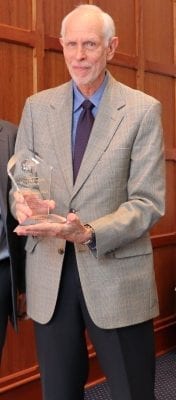
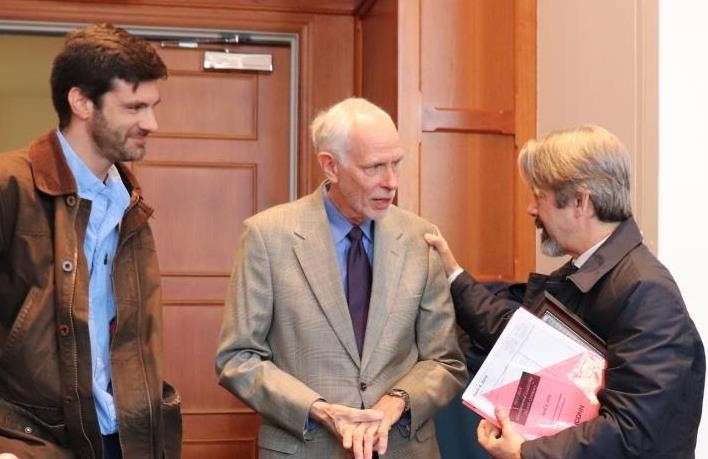

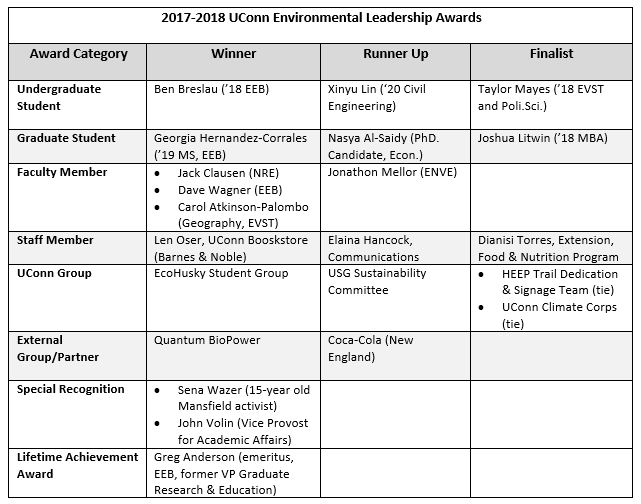


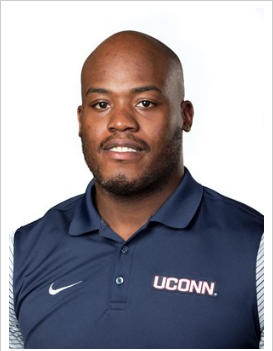
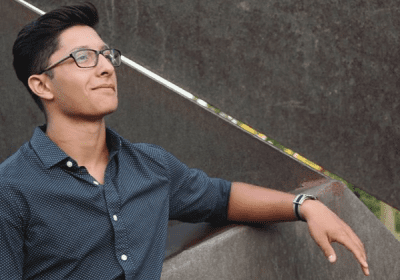
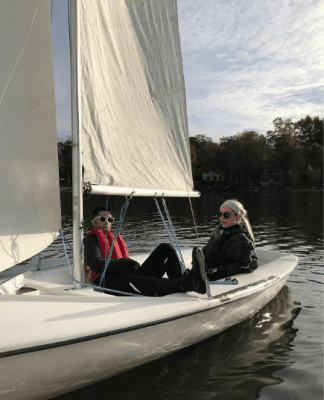
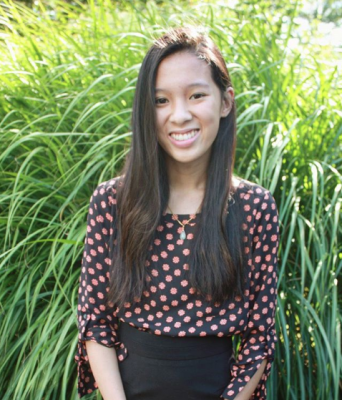



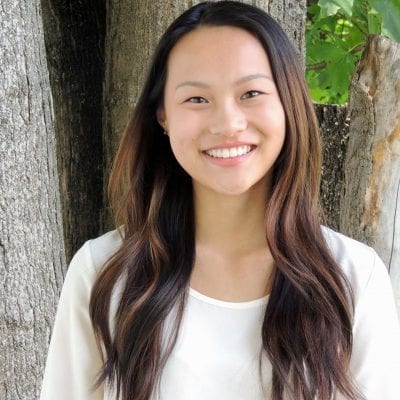


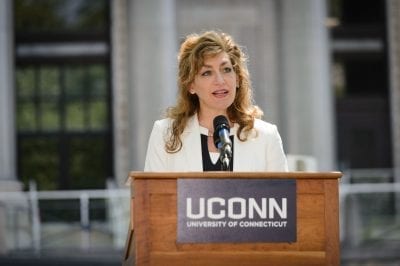

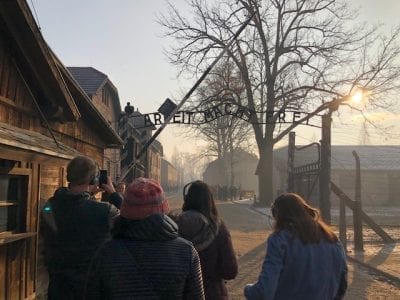

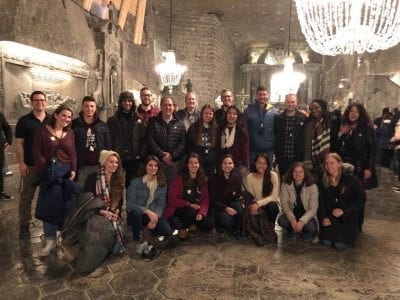
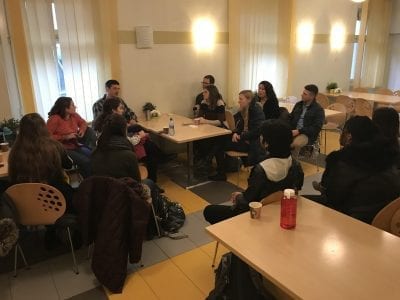
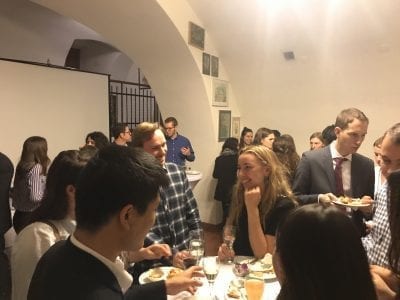
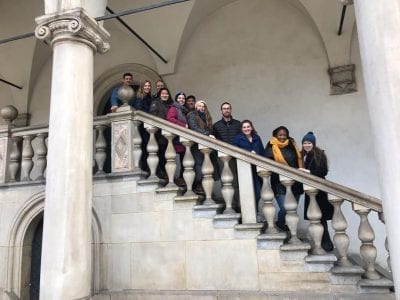

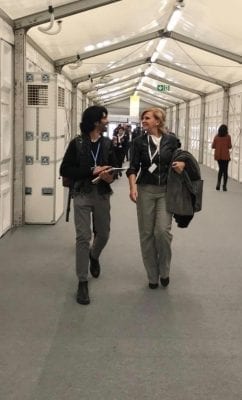

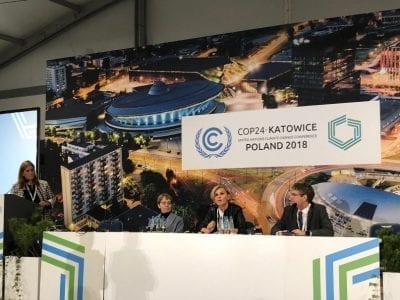
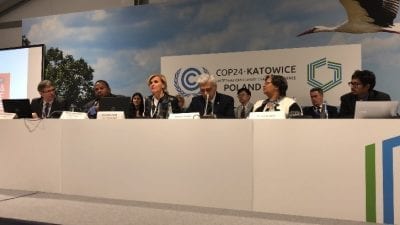

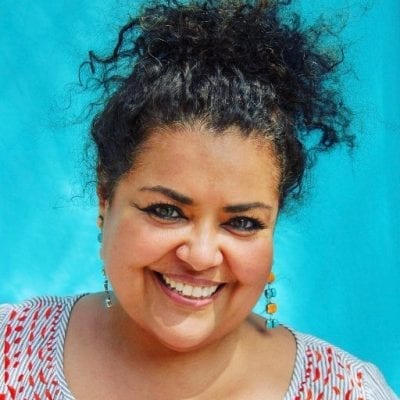 Elizabeth Yeampierre is an internationally recognized pioneer in the environmental movement, intent on creating a platform for oppressed communities in the fight against climate change. A Puerto Rican attorney with indigenous and African roots, she was born and raised in New York City, and has fought on behalf of her community for her whole life. She has pioneered a model of intergenerational, multi-cultural, and community-led organizing that is award-winning and effective.
Elizabeth Yeampierre is an internationally recognized pioneer in the environmental movement, intent on creating a platform for oppressed communities in the fight against climate change. A Puerto Rican attorney with indigenous and African roots, she was born and raised in New York City, and has fought on behalf of her community for her whole life. She has pioneered a model of intergenerational, multi-cultural, and community-led organizing that is award-winning and effective. 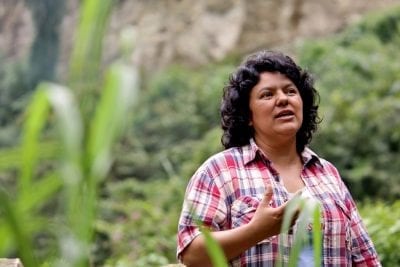

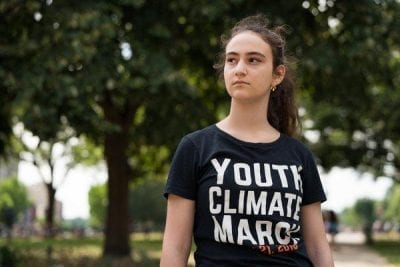 Jamie Margolin
Jamie Margolin
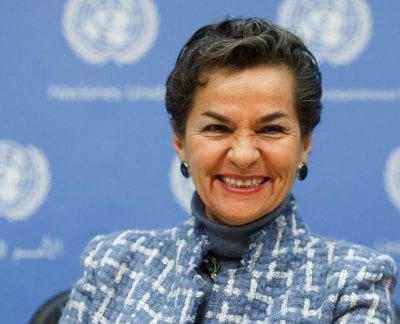 Christiana Figueres
Christiana Figueres


